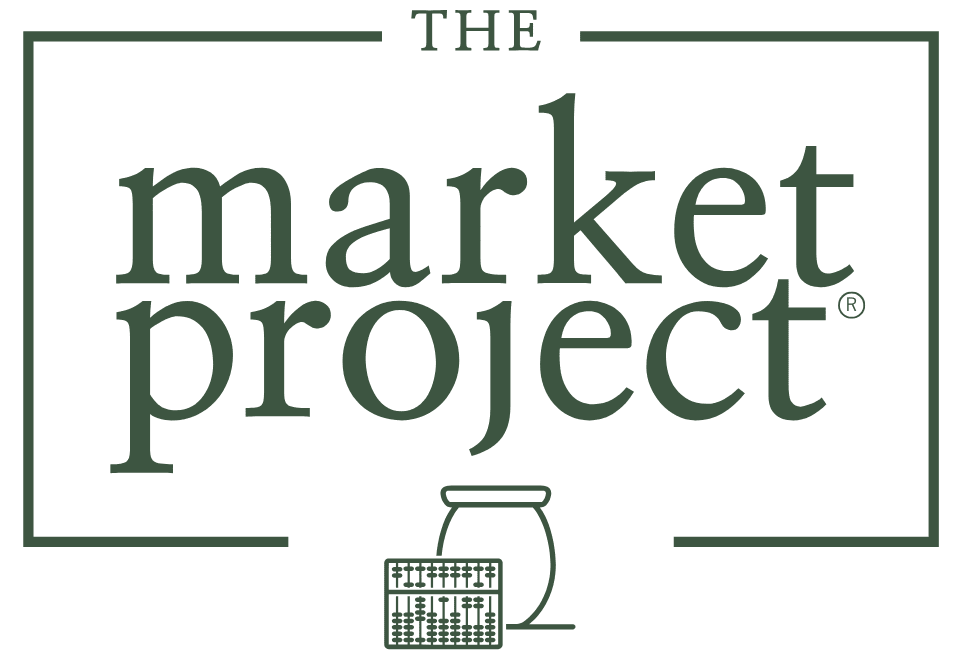“The Commerce Cure”
Philanthropy Magazine – Spring 2018
For survivors of trauma like war, natural disaster, or human trafficking, psychological healing is only one stage of the recovery process. If they lack a secure economic foothold, they may remain highly vulnerable. But few services exist to help survivors achieve long-term economic security. This is a gap that Dorothy Taft noticed over and over in her long career in overseas assistance. So she founded an organization to help people who have been victimized become stable and self-supporting.
Taft was inspired by Healing Invisible Wounds by Harvard professor Richard Mollica: “During the time of healing after violence, work is the compass that shows the survivor the direction he or she must take to get out of a psychological dead end. Work not only gives survivors an opportunity to earn money and be productive, but also a concrete time and place where they must show up, a familiar cast of friends…and an overall sense of purpose and value.”
Enter the Market Project, launched in 2015 to foster healing through work. But not just any work. Unlike many efforts to provide employment to trauma survivors, its products are not advertised in connection with its mission. Taft did not want the business model to rely on buyers’ sympathies. She wanted to connect participants to actual demand and future growth based on satisfied needs.
Based solidly on market principles, the project strives for a “quadruple bottom line”: To generate a profit. To be sustained by market demands. To foster healing. To be harmless to the earth. It is structured as a 501c3 in the U.S. that launches carefully planned business ventures in various locations throughout the world. To capitalize the first venture, individual anonymous donors contributed funds—over $100,000 so far, with an additional low-interest loan of $30,000. Once a Market Project venture is up and running, it will be funded by earned revenue.
The first business is in northern Uganda, producing and selling yogurt to local consumers at an affordable price. The World Health Organization estimates that the population of this area has access to only about a tenth of the dairy products it needs for a healthy diet. Taft’s team stepped into this market opportunity with gusto, launching the Nguvu Dairy, which now has a workforce of 35 women and men. The dairy’s starting wage is more than 1.5 times the national average, so those employees support 175 children and other family members, and their products also help 47 farmers who supply them with milk to thrive. The dairy hopes to triple its employees in the next year.
While on the front end Nguvu Dairy looks no different from any other business, on the back end it is a “trauma-informed workplace.” Managers are trained to work with employees on issues that may arise from Uganda’s bloody tribal conflicts and problems with warlords, as well as domestic-violence situations. Stress comes back up at the moments you would least expect, Taft notes, sometimes leading to inappropriate reactions. In other settings, those could lead to lost jobs, but these supervisors have learned to spot symptoms of lingering trauma, and work with employees to find healthier ways of coping. They are also committed to providing a safe work environment, with plans in place for protection and pacification if old ghosts turn up.
“The Market Project is now preparing to launch a second business—snack shacks run by individuals with disabilities in war-torn Ukraine.”
For the complete article by Caitrin Keiper, scroll down to the bottom of Healing by the Book.
Stay up to date on our impact
Join our email newsletter to hear stories of our work.
